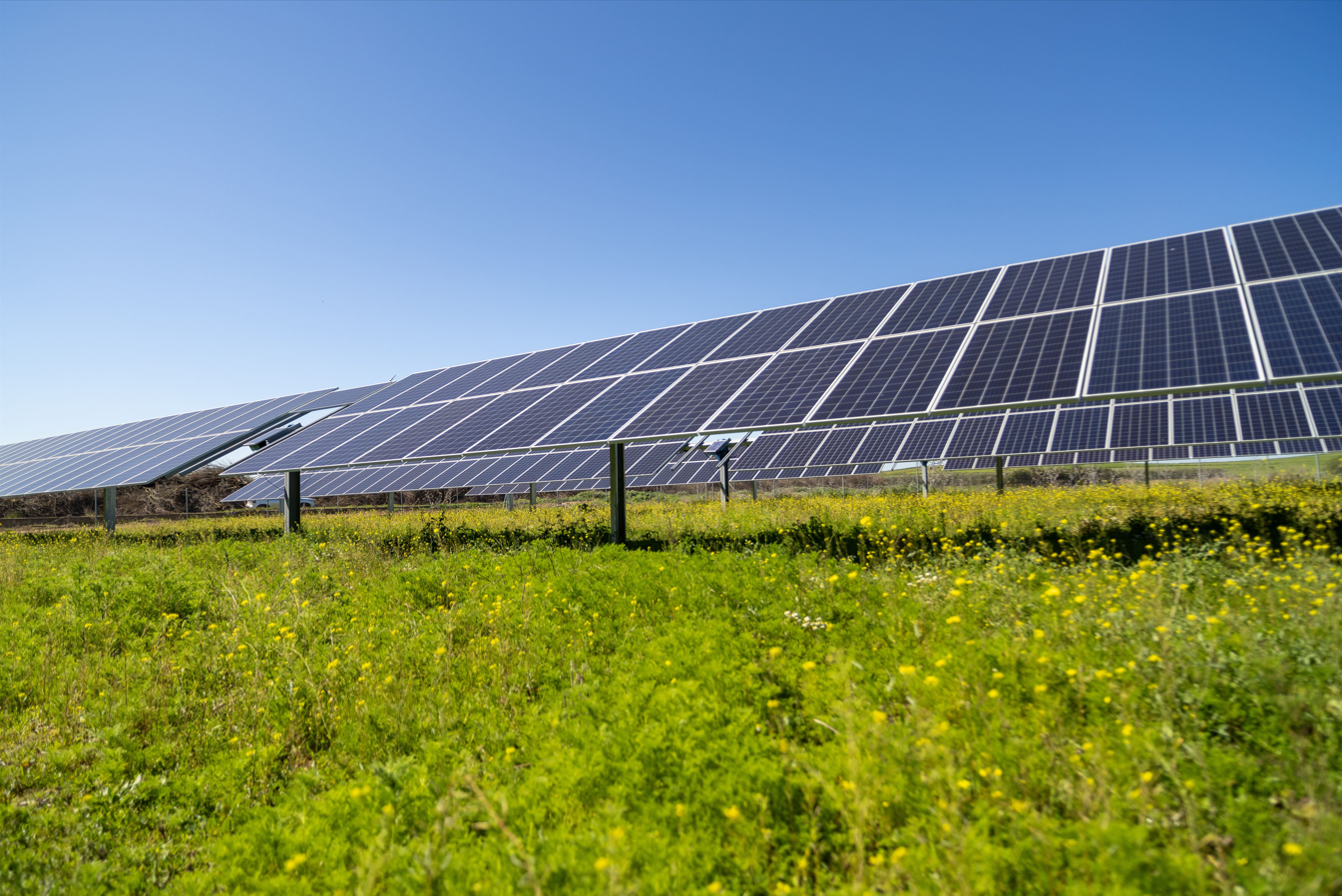The term Net Zero, or zero net emissions, refers to the balance between the amount of greenhouse gases (GHG) emitted into the atmosphere and the amount that is removed or offset, until a zero balance is achieved. For a company, achieving this goal involves transforming its business model, integrating sustainability principles throughout its operations and promoting a corporate culture aligned with global climate challenges.
In this context, Importaco has made a firm commitment to become a Net Zero company by the year 2050. This goal has become an ambitious decarbonization roadmap, developed according to the criteria set by the international initiative SBTi (Science Based Targets initiative), which has the support of benchmark organizations such as the Carbon Disclosure Project (CDP), the United Nations Global Compact, the World Resources Institute (WRI) and WWF.
One of the pillars of this strategy is adaptation to the effects of climate change, with special attention to increasing risks such as flooding. At Importaco we have begun to implement climate adaptation programs in all our areas of activity, strengthening the resilience of all production and agricultural processes.
For example, in the area of sustainable agriculture, we are implementing integrated pest management techniques that reduce the need for chemicals while improving biodiversity and soil health. Another aspect to highlight is the planting of Lupinus luteus – a leguminous plant with the capacity to fix atmospheric nitrogen and capture carbon – in neighboring farms, and the planting of natural vegetation covers composed of species such as lolium, oats, clover and vetch, which contribute to reducing soil erosion.

A transversal environmental and energy policy
In addition, we have integrated environmental sustainability and energy efficiency criteria throughout our value chain. This ranges from internal operations to active collaboration with suppliers and business partners. In this way, we promote good environmental practices in our supply chain and encourage our suppliers to adopt policies that reduce their environmental impact. Our environmental and energy policy ensures rigorous compliance with legislation in all the countries we operate in, establishing risk control mechanisms when local regulations are not aligned with our climate objectives.
Energy consumption is another priority on the road to zero emissions. We are firmly committed to using 100% renewable energies, optimizing production processes and collaborating with suppliers who also work under emission reduction criteria. We regularly assess climate risks through scenario analyses that allow us to anticipate impacts and adopt preventive or corrective measures. We also promote a culture of ongoing improvement in environmental and energy management, incorporating clean and innovative technologies and optimizing the use of raw materials, energy and water.
Circular economy and responsible water use
Based on the principles of the circular economy, at Importaco we have implemented actions to maximize the reuse and recycling of materials, reducing waste generation and reducing the volume sent to landfills. Proper waste management and optimization of the consumption of resources such as water and energy are essential to reducing the carbon footprint of our operations. For example, we have implemented systems that improve water efficiency, promoting the reduction, reuse and recycling of water in our facilities and industrial processes.
Our commitment to sustainability at Importaco also extends to our packaging and products. Our team works on the research and development of new sustainable packaging, with lower environmental impact and greater circularity.
At the same time, we promote regenerative agriculture practices, prioritizing soil health and reducing the use of agrochemicals in nut crops.
A commitment to transparency and the Sustainable Development Goals
We understand that transparency is fundamental in this process. We therefore report periodically on the progress achieved in terms of decarbonization and emission reductions, using the year 2023 as a benchmark. We also report on new measures implemented that contribute to reducing or absorbing GHG emissions.
This comprehensive strategy is part of Sustainable Development Goal 13, adopted by the United Nations, which promotes climate action as a driver of social and economic transformation. Through these actions, Importaco actively contributes to sustainable development, demonstrating that it is possible to move towards a low-carbon, responsible and environmentally friendly economy, and be a NetZero company.

